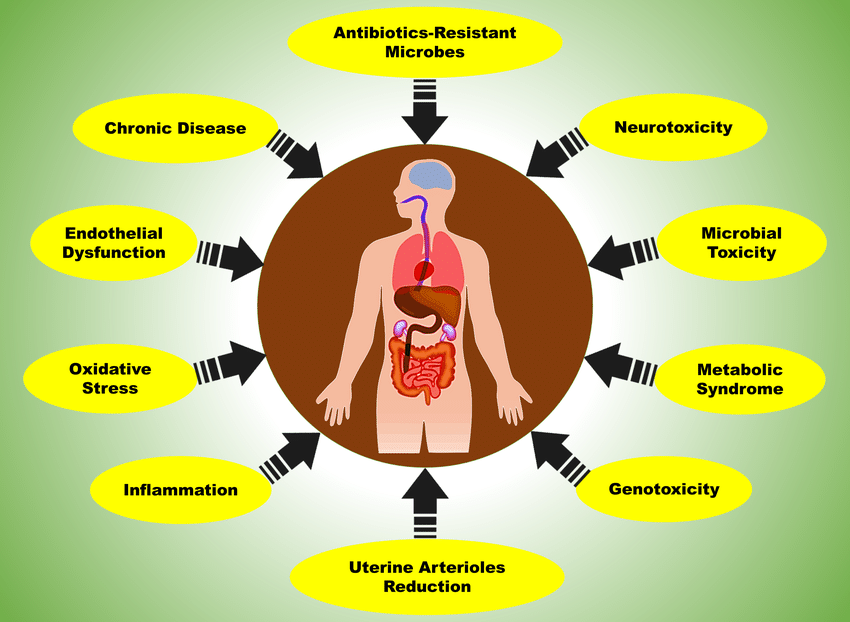Scientists have found that “acute exposure” to microplastics can lead to dementia-like symptoms and changes in behavior in mice. This kind of plastics are present in various environments, including human lungs, breast milk, and bloodstreams.

Microplastics are becoming more and more common and are being found in unexpected places. It is widely believed that the accumulation of these tiny plastic particles is detrimental to human and animal health. A new study published this month reveals the potentially alarming consequences of microplastic exposure for both humans and animals.
Over a course of 3 weeks scientists exposed both young and older mice to this kind of plastics in their drinking water. After this period, they conducted behavioral tests and found that all the mice displayed changes resembling symptoms of dementia in humans. The effects were more pronounced in the older mice.

“To us, this was striking,” study leader Jaime Ross, said in a statement. “These were not high doses of microplastics, but in only a short period of time, we saw these changes.”
Perhaps most startling, however, was the scope of bioaccumulation. The researchers discovered that tiny pieces of plastic had accumulated in every important organ of the mice, including their brains, even though the scientists did not inject the microplastics directly into the mice. The mice only had to drink water contaminated with plastic.
The detection of microplastics in tissues such as the heart and lungs suggests that the microplastics are going beyond the digestive system and likely undergoing systemic circulation. The brain-blood barrier which is supposed to be very difficult to permeate. It is a protective mechanism against viruses and bacteria, yet these particles were able to get in there.

The exact mechanism through which microplastics cause behavioral changes is still not understood, and it is important to remember that findings from animal studies may not directly apply to humans. However, the results of the study suggest that microplastics have negative effects on animal health, and the researchers believe that the connection between microplastics and dementia-like symptoms in rodents justifies further investigation.
Reference- Internal Journal of Molecular Sciences, ScienceDirect, Futurism, National Geographic, American Medical Association






